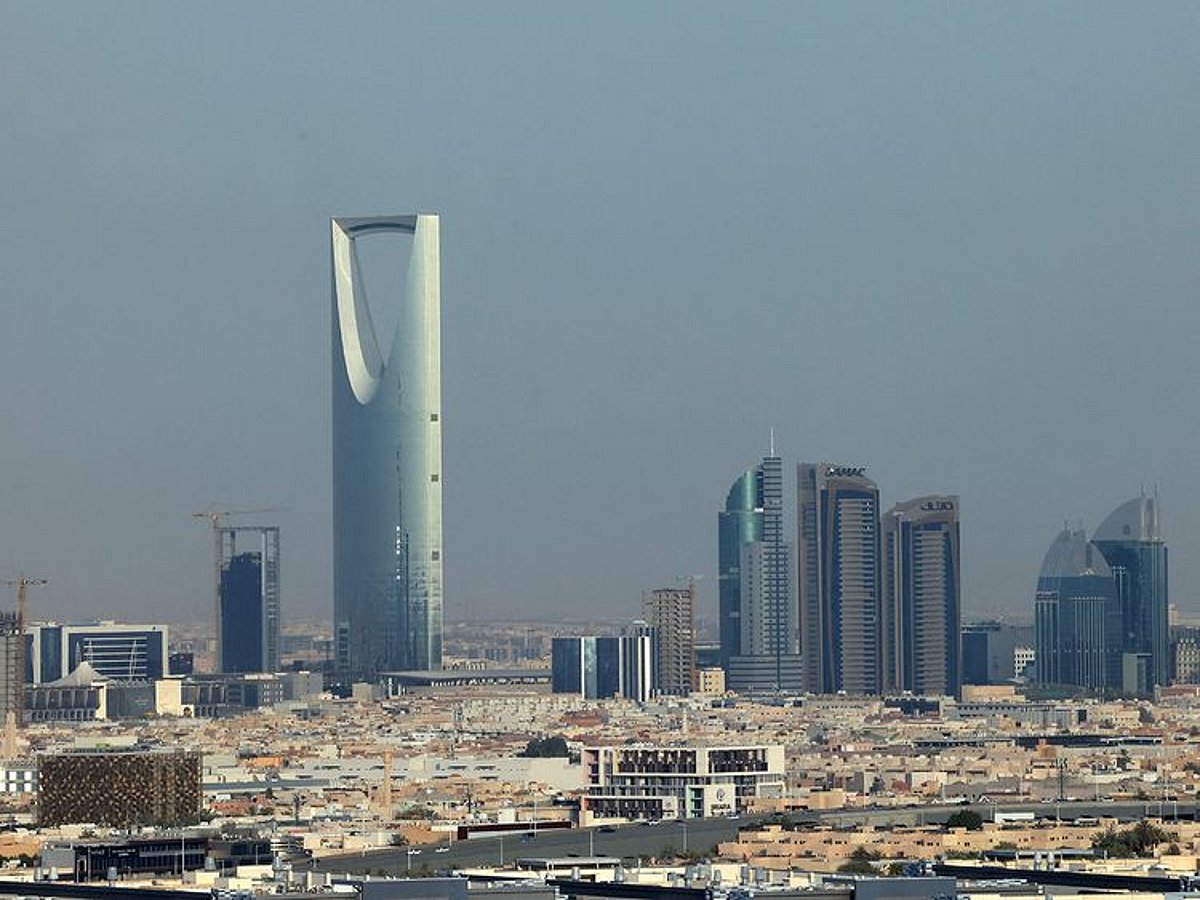Saudi Arabia’s New Regulations Boost Local Tourism Jobs
Saudi Arabia is taking significant steps to bolster employment opportunities for its citizens within the tourism sector. Recent regulations mandate that licensed tourism establishments prioritize hiring Saudi nationals for key roles, aiming to strengthen the local workforce and promote national values in hospitality.
New Employment Regulations
The Saudi Minister of Tourism, Ahmed Al Khateeb, has approved a set of regulations designed to localize tourism jobs across the Kingdom. These rules require that every licensed hospitality facility employs a Saudi national in front-desk positions during operational hours. This initiative is part of a broader strategy to align with Saudi Vision 2030, which seeks to diversify the economy and enhance citizen participation in various sectors.
In addition to front-desk roles, the regulations stipulate that all employment contracts—whether contractual, seconded, or seasonal—must be registered through the Ajeer platform or other authorized systems. For establishments with multiple branches, employees must be linked to the specific facility associated with each tourism license.
Monitoring and Compliance
The Ministry of Tourism will oversee compliance with these new regulations, working in conjunction with the Ministry of Human Resources and Social Development. All employees must be registered in the ministry’s systems before commencing work, and the ministry has indicated that it will enforce penalties for non-compliance. This rigorous monitoring is intended to ensure that the tourism sector not only provides job opportunities but also maintains high service standards.
Goals of the New Framework
The overarching goal of these regulations is to empower Saudi citizens by increasing their participation in the tourism industry. The framework aims to create a range of job opportunities, from entry-level positions for recent graduates to leadership roles, thereby enhancing the overall quality of service in the sector. Officials believe that these changes will significantly contribute to the growth of tourism in Saudi Arabia.
FAQs
What are the new requirements for tourism facilities in Saudi Arabia?
Tourism facilities must employ Saudi nationals in key positions, particularly at the front desk, and register all employment contracts through approved systems.
How will compliance with these regulations be monitored?
The Ministry of Tourism will monitor compliance closely and impose penalties for violations in collaboration with other government agencies.
What is the purpose of these new regulations?
The regulations aim to increase Saudi citizen participation in the tourism sector, create job opportunities, and enhance service quality in alignment with Saudi Vision 2030.
Conclusion
Saudi Arabia’s new regulations represent a significant shift towards increasing local employment in the tourism sector. By prioritizing the hiring of Saudi nationals and implementing strict compliance measures, the government aims to empower its citizens and improve service standards, paving the way for a more robust tourism industry in the future.
The tourism sector in Saudi Arabia has been identified as a key area for economic diversification, particularly as the Kingdom seeks to reduce its reliance on oil revenues. By enhancing local employment opportunities, the government is not only addressing unemployment but also fostering a sense of national pride and cultural identity among its citizens. This initiative aligns with the broader objectives of Saudi Vision 2030, which emphasizes the importance of developing a vibrant society and a thriving economy through various sectors, including tourism.
The introduction of these regulations comes at a time when Saudi Arabia is actively promoting itself as a global tourist destination. Major events, such as the annual Riyadh Season and the recent opening of the Red Sea Project, are part of the Kingdom’s efforts to attract international visitors. By ensuring that Saudi nationals are employed in key roles within the tourism industry, the government aims to enhance the visitor experience while simultaneously providing locals with valuable skills and training that can lead to career advancement.
Furthermore, the emphasis on local hiring is expected to stimulate the economy by increasing disposable income among Saudi workers, which can lead to greater consumer spending in other sectors. As the tourism industry continues to expand, the government anticipates that a well-trained local workforce will contribute to higher service standards, ultimately benefiting both tourists and the hospitality sector as a whole. This strategic approach underscores the Kingdom’s commitment to building a sustainable tourism ecosystem that supports both economic growth and social development.
Also Read:
Global Village Season 30 Features Labubu and New Attractions







